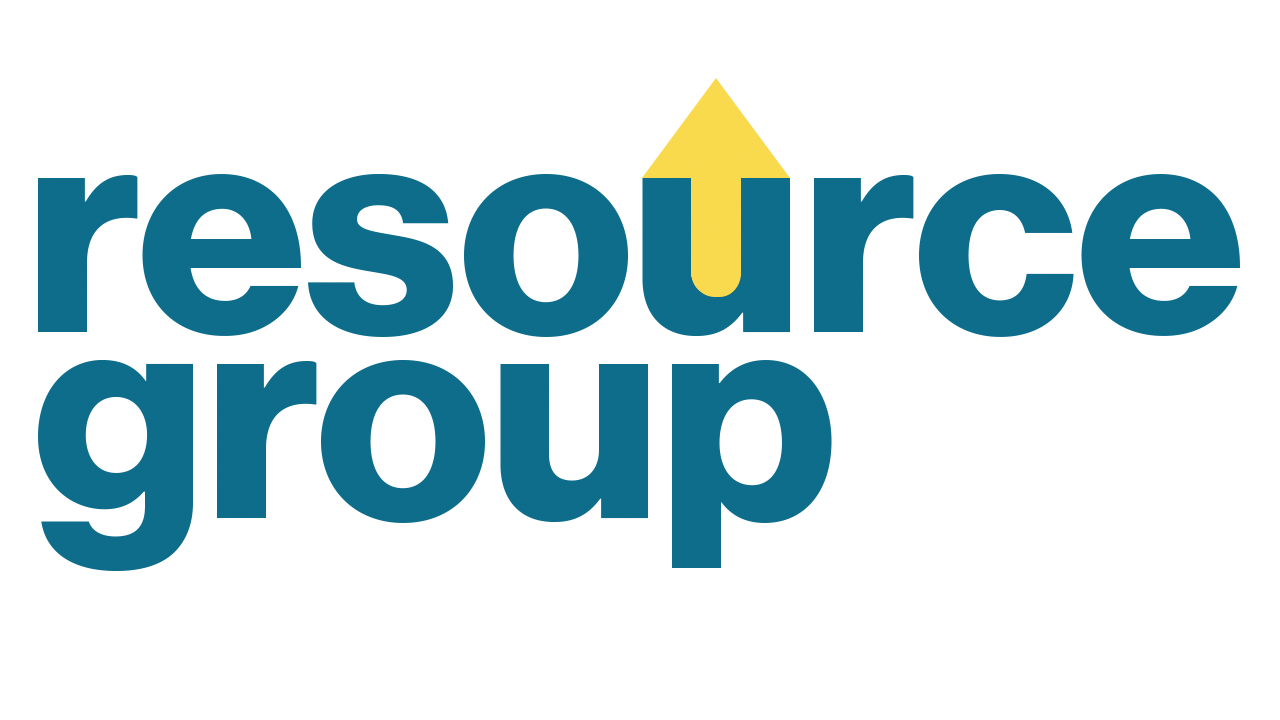
By: Brian Warner
In the 1880s, Sigmund Freud was still a young neurologist in Vienna using the cutting edge but controversial practice of hypnosis. When he started working with the Swiss noblewoman, Fanny Moser, though, she resisted every effort he took to use hypnosis. “You’re getting very sleepy,” he’d say, to which she’d respond, “No I’m not.” Instead, she just wanted to keep talking.
She inspired Freud to usher in the therapeutic method saying that, by letting patients lie back and talk without interruption, they’d let down their defenses and their unconscious would be uncovered. This mode of therapy, complete with the couch for patients to lie back on, would come to define therapy for the next hundred years.
And now it can be done over text message.
I’m not even thirty but I can confidently say that today’s easy-breezy openness to discussing mental health is a radical shift from when I was a kid. Long gone are the days when Tony Soprano kept his therapy appointments a bigger secret than his mafioso activity. Somewhere along the way, we all realized we couldn’t keep not talking about it.
As we look toward 2023, we also look toward a world where mental health is a daily part of life. We at the Resource Group love to see that, but it also raises a big question: what does that world even look like?
The first online therapy clinics opened in the 1990s, but online counseling platforms like Talkspace and BetterHelp have come to dominate the thera-sphere in just the past few years. You’ve likely seen an ad on social media or heard one on a podcast since, just this year, BetterHelp’s advertising budget reached into the hundreds of millions of dollars ($64 million went to podcast advertising alone!). These platforms use algorithms to connect users with licensed therapists to provide live chat/text message, phone, and video sessions for a monthly fee.
The service has boosted access and affordability to therapy that otherwise may be a huge hurdle for people to otherwise make, either because of cost, living too far away from the right therapist to regularly travel to them, or from mental health stigma and the fear of being seen entering a mental health clinic. Within just a few hours of the 2016 presidential election, Talkspace reported a seven-fold spike in their online traffic.
So pretty much just telehealth, right? Well . . .
“The app-ification of mental health care has real problems,” says Hannah Zeavin, a lecturer at the University of California, Berkeley. “These are corporate platforms first. And they offer therapy second.”
While most people are used to seeing a therapist in a private room, maybe with a white noise machine outside the door and the confidence that anything said to the therapist stays with the therapist, confidentiality concerns and possible HIPAA violations have plagued online counseling platforms for years. In an article from the New York Times, former employees and therapists confessed that users’ anonymized conversations with their therapists were routinely “mined for insights.”
Roger Severino, a former director of the Department of Health and Human Services’ Office for Civil Rights, is quick to point out, “A consumer should not automatically assume that HIPAA protections apply to health information entered into a health app.”
These blurred lines between a clinician and a company can have devastating, even deadly, consequences, as seen in the rise and fall of the California startup Cerebral. The telehealth company, specializing in connecting users with psychiatric prescribers, has been the subject of a federal probe after prescribing controlled substances like Adderall and Ritalin with virtually no oversight.
Without a previous diagnosis and without any in-person consultations, 21-year-old Elijah Hanson was able to secure a prescription for Adderall from Cerebral. Soon after, it became clear to his family that he was misusing the medication. “You can definitely tell he was taking way too much. And he wasn’t in his right mind at all,” his brother says. His Adderall misuse exacerbated other mental health issues that, within two months, Hanson would die of a self-inflicted gunshot wound.
“When you put venture capital money into this mixture, it really pushes people to take risks,” says Dorothy Moore, a nurse practitioner and former prescriber at a similar prescription startup, Workit. “It’s one thing to be a disruptive innovator, but there’s a reason medicine is encumbered by so many regulations—we’re dealing with people’s lives.”
It doesn’t look like digital mental health startups are going away anytime soon. As mental health has become a more acceptable topic of discussion, startups received a massive $4.8 billion (oh yeah, that’s “billion” with a B) in investments over just the past year.
But as telehealth becomes more standardized for traditional therapists and with the (long overdue) 988 helpline now available for people in crisis, startups may move away from providing therapy and toward augmenting the work therapists are doing. While Talkspace stock has been struggling as the pandemic’s waned, the meditation app Calm has just teamed up with the U.S. Surgeon General, Dr. Vivek Murthy, on a series of free wellness offerings. And just earlier this week, congress passed a new spending bill that would set aside over $10 billion for behavioral health initiatives and mental health funding to “help abate the mental health and substance use crisis that’s facing our nation.”
“Building and creating sustainable mental health habits are more important than ever as we head into the holidays and begin a new year,” says David Ko, Calm’s CEO. “Our hope in partnering with the nation’s doctor is to give our community a resource to support them as they navigate life’s ever-changing experiences and emotions.”
And Ko is right; the new year can bring a lot of anxiety for people. It’s easy to see another year pass and worry that nothing important has happened, that things aren’t moving fast enough. For so many of us, it’s so easy to see each new year as losing time rather than gaining it – if it hasn’t happened yet, will it ever? When?
But it’s important to remember that we’re in uncharted waters. It took a hundred years for people to get off of Freud’s couch, but it took only a hundred days for us to pick up ten years’ worth of digital habits when the pandemic hit. Telehealth helped people stay connected to their therapists when offices were closed, and apps like Calm helped people make mental health a part of their everyday life.
As we still fight to make mental health a safe and acceptable thing for people to talk about, don’t forget about all of the little wins along the way that will one day turn into much, much more. Tiny changes eventually become a transformation that can make next year that much brighter.
DISCLAIMER
The information, including but not limited to, text, graphics, images and other material contained on this website are for informational purposes only. No material on this site is intended to be a substitute for professional medical advice, diagnosis, or treatment. Always seek the advice of your physician or other qualified healthcare provider with any questions you may have regarding a medical condition or treatment and before undertaking a new health care regimen, and never disregard professional medical advice or delay in seeking it because of something you have read on this website.






